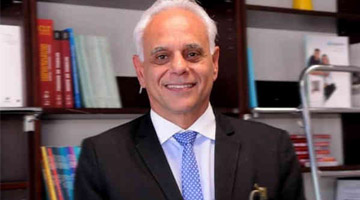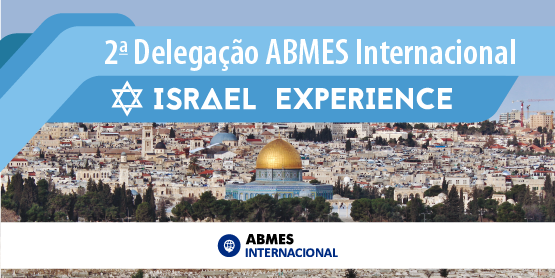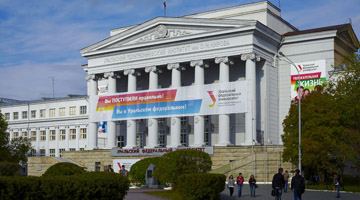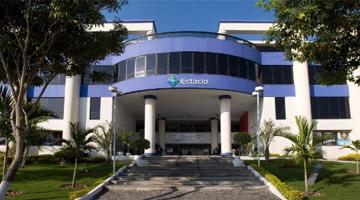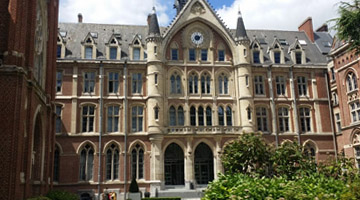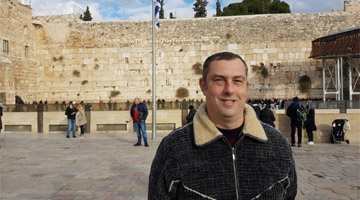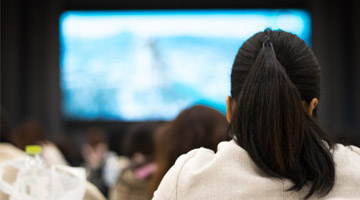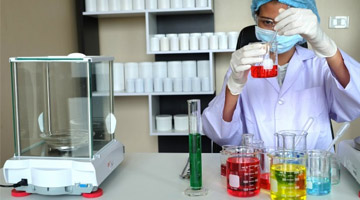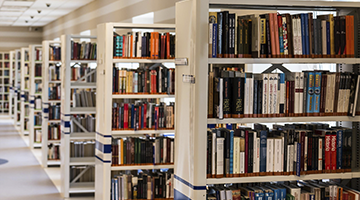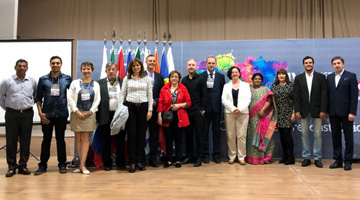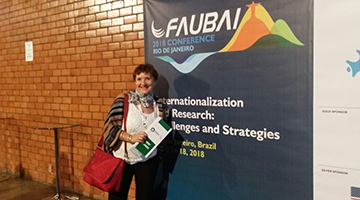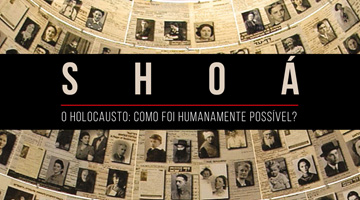Ronaldo Mota – Chancellor of Estácio Group, educational executive, lecturer, member of the board of the Brazilian Association of Owners of Private Institutions of Higher Education, he writes about new technologies in education and innovative educational methodologies.
Education has an almost unique property in the roll of products or services in general. Food, for example, when ingested in excess can do harm. Cars, at a certain concentration level, generate bottlenecks and pollution. Money, in any currency, increases its value in relation to other currencies when it’s scarce in relation to demand. It’s a zero sum game: one side wins at the expense of the other.
Education follows the opposite logic. When one is educated, one gains individually but the community to which one belongs also gains. When one is educated, one does not take knowledge away from another as he learns or teaches. Knowledge is maintained by one side and added to the other. It is a gain/gain game.
On the other hand, it is certain that all are harmed by the absence of education or by poor teaching.
In addition, there is no better antidote to violence than educated people. Politeness generates gentleness the same way that aggressiveness promotes brutality. Likewise, the lack of employment is mostly due to lack of schooling, evidenced by the fact that the most chronic unemployment is associated with gaps in the skills and the abilities demanded by the workforce.
Even being a privileged nation with regards to natural resources, Brazil has been unable to promote sustainable development. It grows but with alternate cycles of euphoria and frustration.
Probably the most relevant cause of low sustainability in Brazilian economic development is low productivity in general. There is evidence that increasing the average education of the population brings immediate impact to the quality of life, generating opportunities for jobs and business, and consequently greater global competitiveness of the products and the services provided by a region.
In the educational field, everything that has been done in practice has proven to still not being enough. Although insufficient, it should be noted that progress has been made, such as the increase, in one generation, in the percentage of GDP in public education from 2.9% to 5.6%; a reduction from 35% to 7% in children aged 4 to 14 years out of school; and a decline in adult illiteracy from 25% to 8% in that period. In higher education, programs like PROUNI and FIES have made it possible for millions to have access to universities. Even so, where those results weigh educationally, we are still far short of other countries with which comparisons would have some meaning.
We urgently need to establish new, clearly focused strategies that can result in more effective impacts over time. One proposal, complementary and non-exclusive of others, would be to establish an age-based cut-off point, based on a public policy of differentiated attention to the young, and which would progressively reach all students in the future.
Article 81 of the Basic Guidelines for Education Act (Law No. 9.394 / 1996) encourages the organization of experimental programs or institutions. In that spirit, it would be possible to establish a comprehensive experimental program, articulated among all educational systems, through the adoption of practices based on special flexibilities and prerogatives. As an example, in the first year of its implementation, differentiated attention would be given only to the first grade of elementary school. As guidance to school managers, the best teachers and infrastructures available would be guaranteed for this educational level and extraordinary additional resources would be directed especially for these initial school years.
Among other actions, as a result of a national civic calling, extra curricular activities could be developed by volunteer professionals with higher education degrees. They would be selected and would be responsible for actions defined by the local school executives, in accordance with the programs’ general guidelines. To exemplify, a volunteer dentist could complement teaching with elements of health and biology, an engineer with additional contributions in mathematics, artists would address subjects in the areas of culture and arts etc.
The following year, with the same level of quality, focus would still be maintained on the courses that were initially selected, now in second grade, with the incorporation of first year students. At the end of less than a decade, we would have formed a new educational generation, now in high school, and in vocational school. At the end of a decade and a half, we would be reaping the fruits at the higher education level.
The only real privilege of these newly, deferentially educated generations would be for them to shoulder a commitment to collaborate in sustainable economic, social and environmental development.

